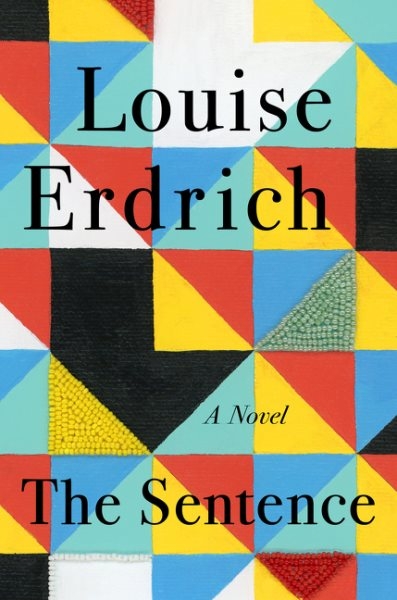
I first read the prolific and multi-award-winning author Louise Erdrich back in 1984, when her debut novel Love Medicine (1984) was released. I remember being blown-away by the book, as, sad to say, it was the first time I'd read a novel by an author of American Indian descent. Louise Erdrich is a member of the Chippewa nation—the central characters of Love Medicine are also Chippewa—and since the novel's publication, Erdrich has been a leading voice in Native American Literature. Perhaps you have read at least one or two of her many books of fiction, nonfiction, poetry, and children's literature.
But have you visited Erdrich's independent bookstore in Minneapolis, Minnesota, Birchbark Books and Native Arts? If you haven't, as I hadn't, now you may, as I did—in my imagination—by reading her most recent novel The Sentence (2021), which is set primarily in that very store. On the Birchbark website, this novel, Erdrich's latest, is described as "a wickedly funny ghost story, a tale of passion, a complex marriage, and a woman's relentless error, [that] asks what we owe to the living, the dead, to the reader and to the book." Erdrich herself makes several appearances in the story, and I have to say, she pulls off these self-referential bits with sly aplomb.
As with Love Medicine, the central characters in The Sentence are mainly American Indian, however, the setting in which they live is contemporary Minneapolis, and the conflicts that shape them are familiar to us all, the stuff of front page news. With The Sentence, Louise Erdrich has given readers like me another first: a meaningful opportunity to explore recent events, including the horrific killing of George Floyd, the ensuing protests, and ongoing impact of the pandemic, through great fiction.
I believe The Sentence by Louise Erdrich is going to be a novel that many will be turning to for understanding for years to come.